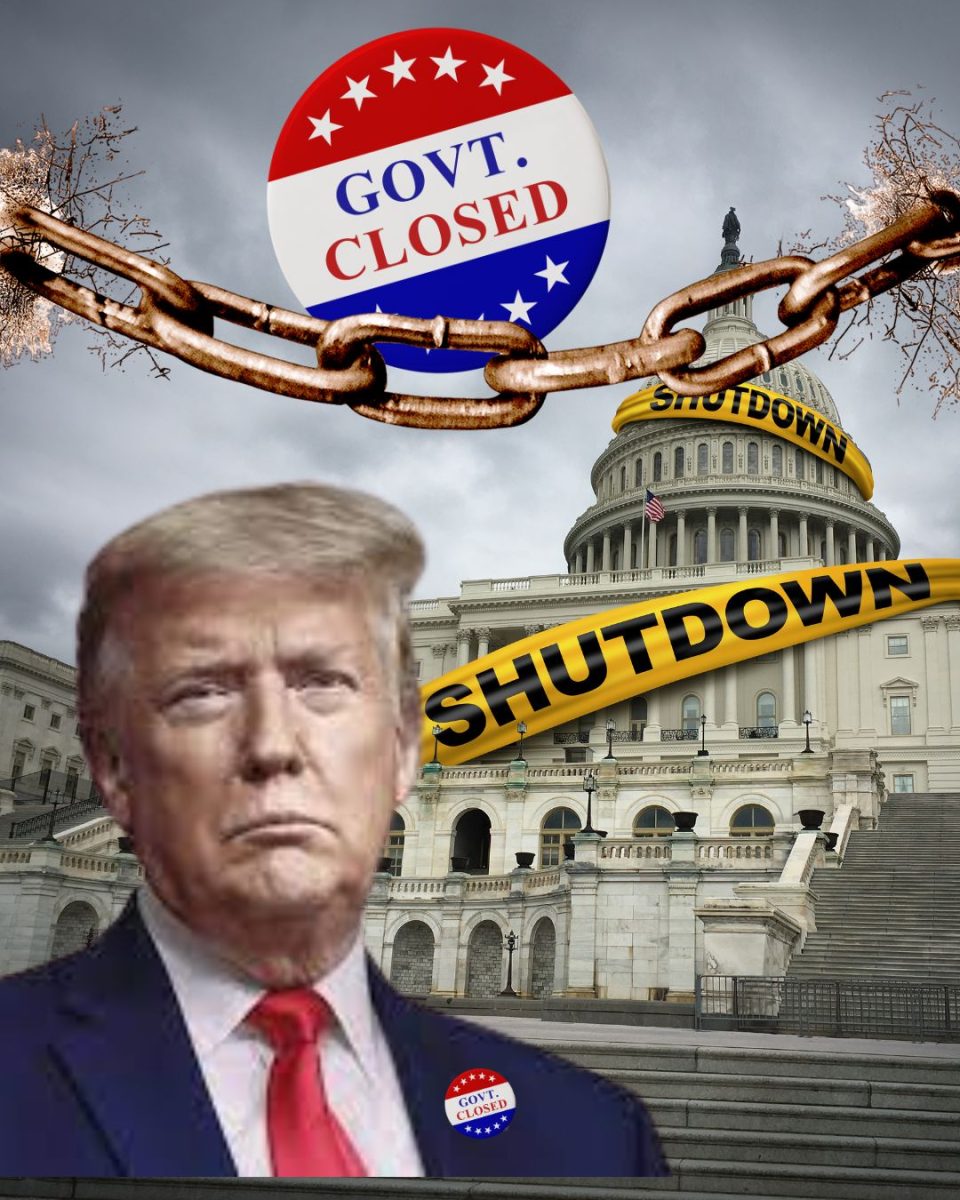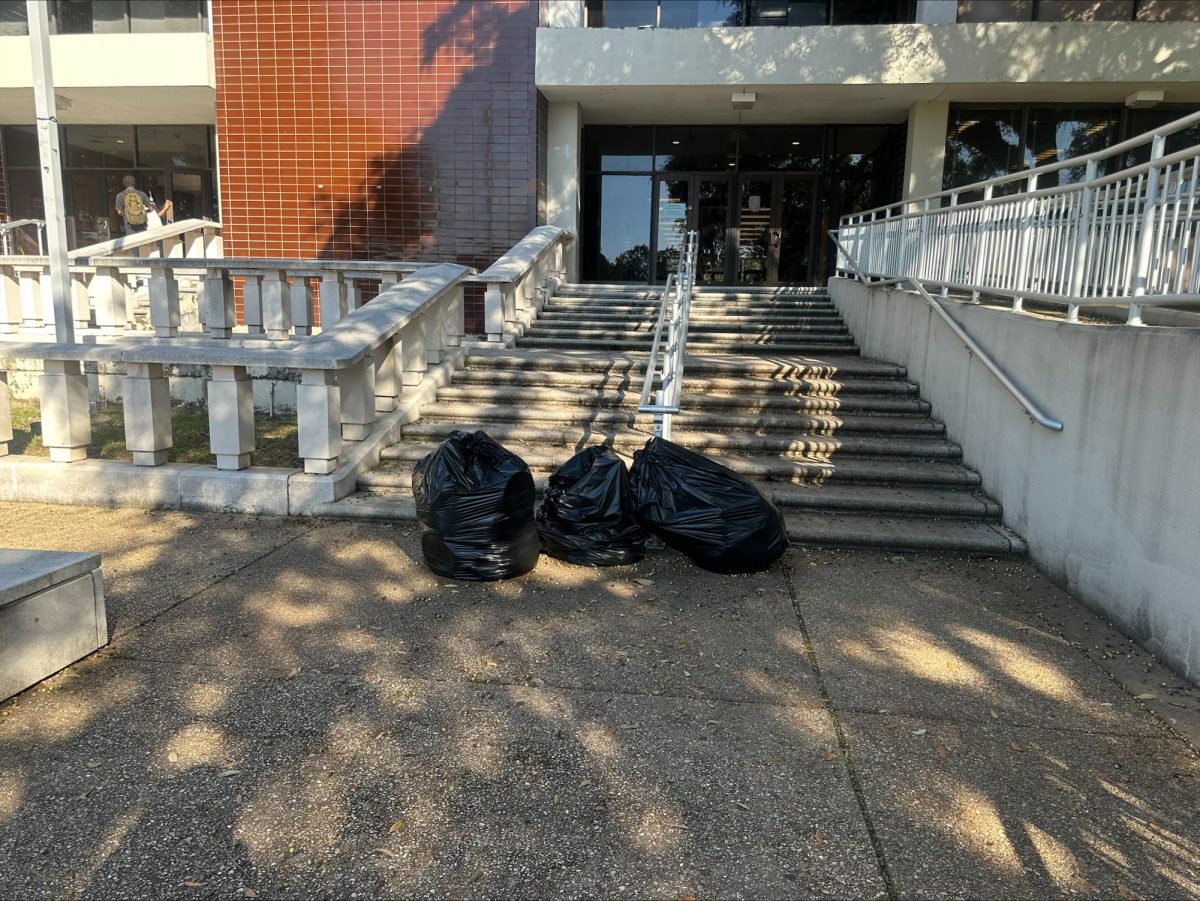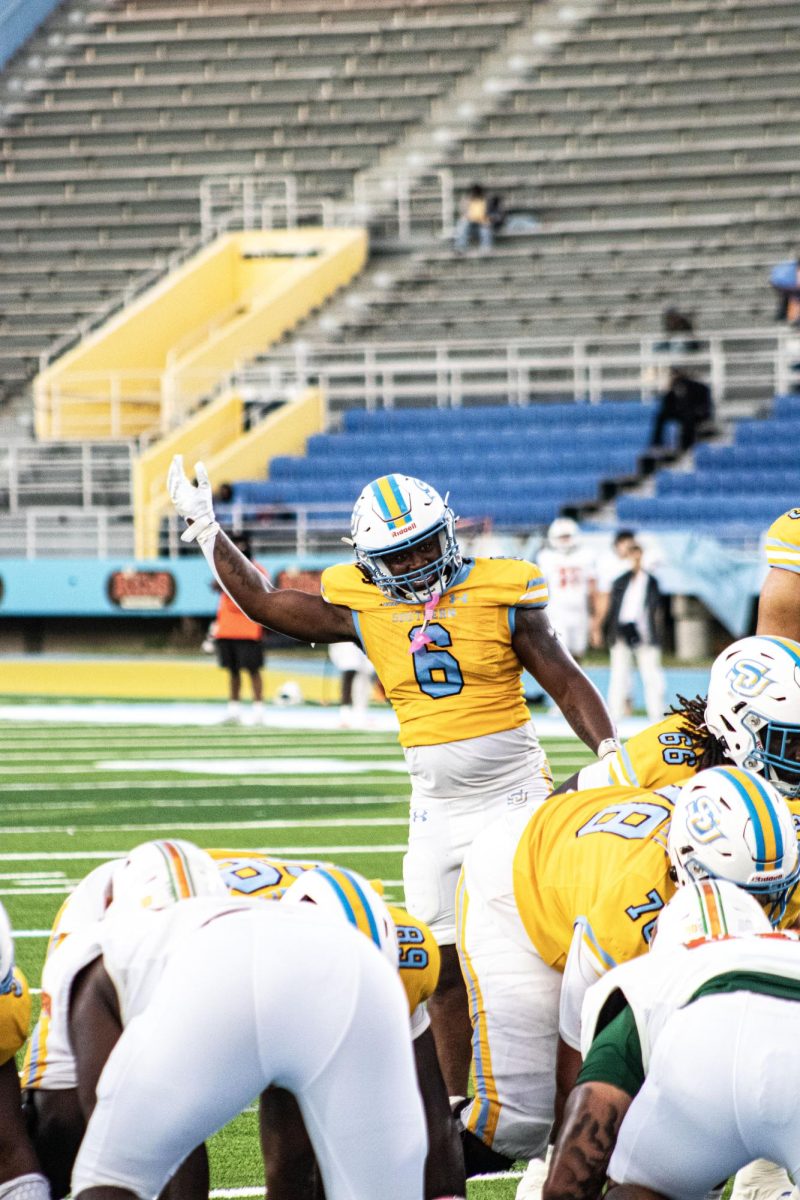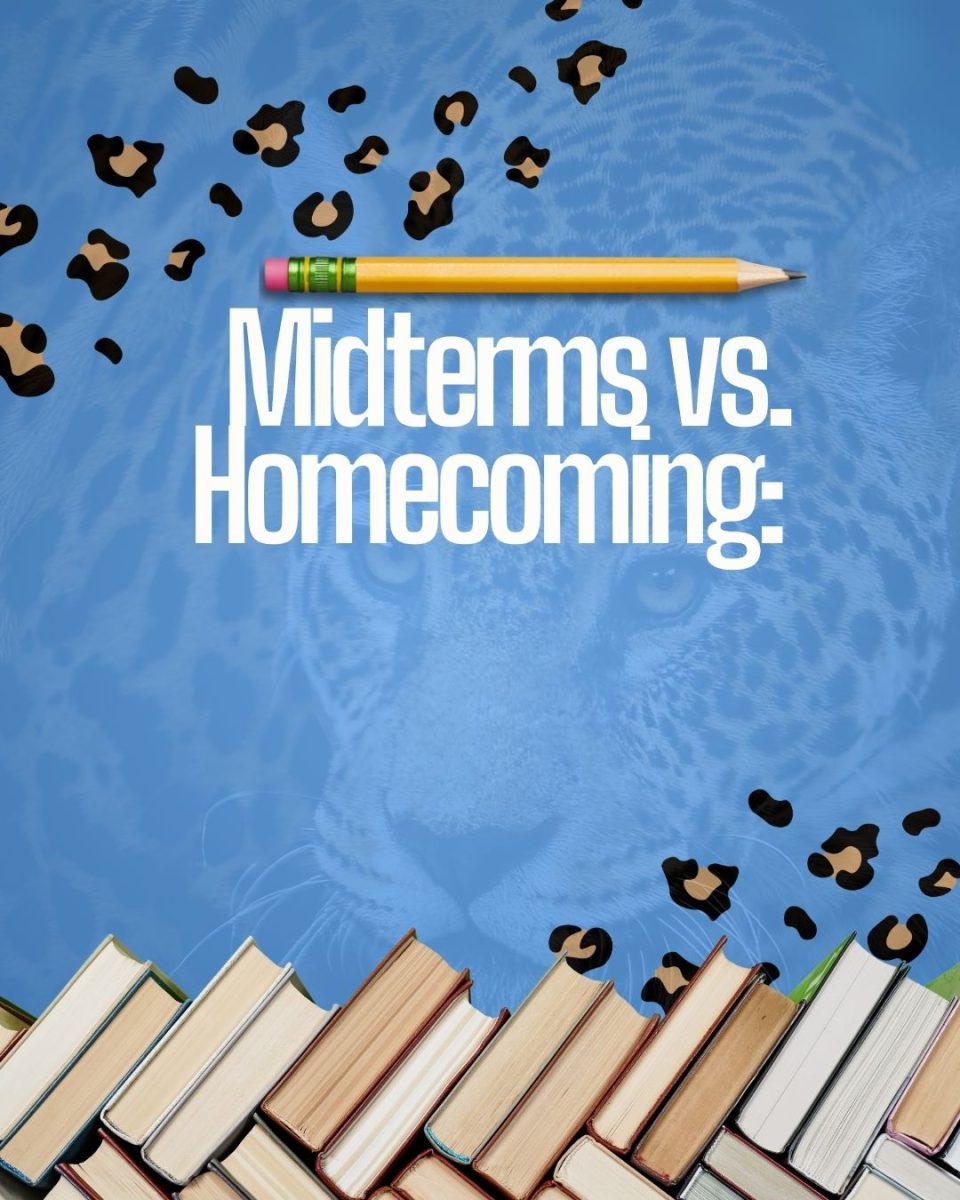In the 21st century, we’ve been able to witness the evolution of marginalized groups from being left in the shadows, to becoming the beacons of growth and revolution. From having our first Black man as president, to being presented with the potentially first Black woman as president. The importance of identity cannot be denied.
As these spaces continue to welcome people from the African diaspora, we have to address the elephant in the room … do we even get along? This question isn’t posed between the Black coworker from Miami that argues with the Asian coworker from New York, it’s an intraracial conversation. Intraracial, like Beyoncé and Jay Z. Not interracial, like Serena Williams and Alexis Ohanian.
When it comes to interactions between Black folks, the cultural differences can be relentless, and may make us feel like we couldn’t be more different. It may come into play when your Afro-Dominican spouse invites you to their home for Thanksgiving, and the meal served feels like it belongs in a restaurant in Santo Domingo. Then again, you might not know where Santo Domingo is. One thing is for certain, it’s nowhere near Baton Rouge.
The relationship between African Americans, Africans and the Black folks from the other parts of the New World can be extremely dysfunctional. These issues are often because of the lack of information.
When you are coming from a Ghanaian family, chances are, your exposure to African Americans has always been sub-par. Your parents were likely too concerned about keeping you in touch with your culture to go out of their way to teach you what Juneteenth was. They might not know that themselves. When your African American classmate gives a 2 hour lecture on the importance of Kendrick Lamar’s use of Jazz in To Pimp a Butterfly, you might consider it trivial, while it’s monumental to him. These differences are not inherently wrong, they form our identities, and allow us to bring our own traditions to the table. The flaw is, we have to value each identity being brought into this conversation. We rarely acknowledge the monumental power of these conversations. Two hundred years ago, discourse on the musical connections between the various ethnic groups of the African diaspora were non-existent. The overarching powers of colonialism kept us from ever even interacting. At this point though, the only thing stopping these conversations from progressing, are those who participate in them.
There is no other option whether to address these blockades, however trivial they may seem. Whether this starts with asking your Nigerian professor about her perspective on the state of women’s activism back home, or inquiring to your Afro-Venezuelan janitor as to how he feels about the political issues in his homeland. As irrelevant as it may seem, you could expand their paradigm on African Americans more than their own parents ever could.
Ultimately, alleviating the tensions between the African diaspora is in our hands, and that’s where it should stay. When it comes to that elephant in the room, he may just move if you ask nicely. Or, if you make him feel like he’s not such a bother. It’s time we show that same energy towards each other. It’s time to have conversations.
Categories:
Pan-African Interactions: The Bronze Elephant in the Room
February 12, 2019
0
More to Discover








